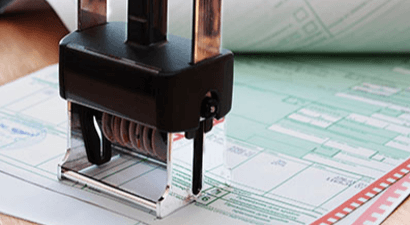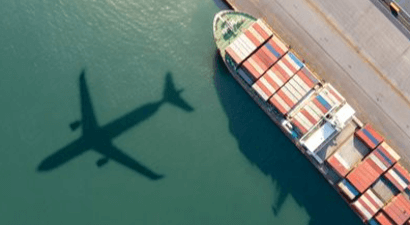COMPLIANCE: A REMINDER FOR IMPORTERS
Those operating within the South African customs and/or excise sphere will know that the Customs and Excise Act 91 of 1964 (“the Act”) requires importers and their agents to self-regulate. This means that each entity licensed and/or registered with customs and excise (the South African Revenue Service/“SARS”) is responsible for ensuring compliance with the law, the provisions of the Act, the rules, and any regulations and policies. Failure to comply with the law and regulations will likely result in severe penalties from SARS.
Many importers are not aware of their responsibility (and potential exposure) to SARS. The importer will often operate under the assumption that by employing the services of a clearing agent, they have essentially passed the responsibility of compliance on to the agent. However, this could not be further from the truth. In terms of section 98 of the Act, the importer is responsible for any act done by an agent acting on behalf of the importer. This underscores the fact that the importer cannot simply pass on the responsibilities imposed by the prevailing customs laws and regulations to its agent.
There is one simple sentence contained in the DA185 form (which all importers sign when registering with SARS) that states that the person authorised to sign the DA185 agrees that the entity will comply with customs and excise laws and procedures. Therefore, by signing this undertaking, the importer agrees that it has proper knowledge (not just passing knowledge) of the content of the laws and regulations, including tariff classification, valuation and origin requirements.
In the case of South African Breweries (Pty) Ltd v Commissioner for the South African Revenue Service and Another (01740/21; 3889/21 and 7772/21) [2022] ZAGPPHC 695; 85 SATC 495 (13 September 2022), the clearing agent made numerous declarations to SARS clearing beer for importation into South Africa. In doing so, the clearing agent declared the incorrect tariff heading to SARS. The incorrect tariff heading carried a lower rate of duty than the correct tariff heading, resulting in the agent making an under-declaration to SARS. South African Breweries (Pty) Ltd (“SAB”) was not aware of the under-declaration at the time and made payment to the agent of the duty amounts applicable to the correct tariff heading. The agent, however, only paid SARS the taxes applicable to the incorrect tariff heading and retained the balance paid by SAB for itself. This resulted in an underpayment of taxes to SARS.
SAB discovered the tax fraud and reported it to SARS. Despite SARS acknowledging that it was the clearing agent who committed the tax evasion, without SAB’s knowledge, SARS pursued SAB for the tax that was underpaid, with the matter ultimately being heard in the High Court. Here, the High Court stated that “The system is designed to accept a Single Administrative Document …, a self-assessment form by the importer and or its agent…”, and ultimately found that “The tax amount which is a subject matter is …a payment obligation on the applicant’s part.” SAB was therefore responsible for paying any tax amounts not paid by its agent to SARS.
It is vitally important that every importer is acquainted with the customs, laws, and regulations. Every importer must ensure that the final declarations submitted to SARS by the clearing agent are correct in every respect. Failure to do so could result in the importer facing harsh financial consequences.





